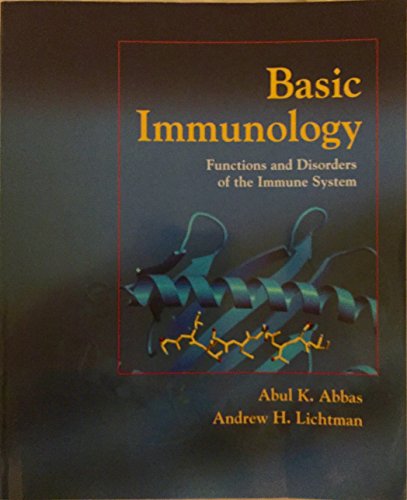
It begins with an introduction to data analysis, approximations, and assumptions used in model building. It showcases modern mechanistic models and their use in making predictions, designing experiments, and elucidating underlying biochemical processes. This book provides a complete overview of computational immunology, from basic concepts to mathematical modeling at the single molecule, cellular, organism, and population levels. Haslam Professor of Chemical Engineering, and Professor of Physics, Chemistry, and Biological Engineering, Massachusetts Institute of Technology, Cambridge, USA New experimental techniques in immunology have produced large and complex data sets that require quantitative modeling for analysis. I commend the editors for putting this volume together." –Arup K.

"Taken together, the body of information contained in this book provides readers with a bird’s-eye view of different aspects of exciting work at the convergence of disciplines that will ultimately lead to a future where we understand how immunity is regulated, and how we can harness this knowledge toward practical ends that reduce human suffering. Creates appreciation for the components of the human immune system that work together to confer lifelong protection Provides core knowledge in immunology to build a foundation to explore mechanisms involved in clinical disease Breaks down all immunology concepts into manageable, logically digestible building blocks Geared toward readers without medical, biochemical or cellular expertise Includes a glossary that provides functional definitions of complex terms This updated edition will strengthen the foundation required to understand the placement of immune function within clinical practice, thus allowing a basic platform to define therapeutic treatments. It also creates an understanding of the basis for clinical tests and immune therapeutics and their importance in identifying and treating disease states.

The book highlights the components of the human immune system and how they work together to confer protection against pathogenic invaders. Introductory Immunology: Basic Concepts for Interdisciplinary Applications, Second Edition is a completely updated, revised and expanded resource on the immune system as a primary defense for the maintenance of health and homeostasis.


 0 kommentar(er)
0 kommentar(er)
